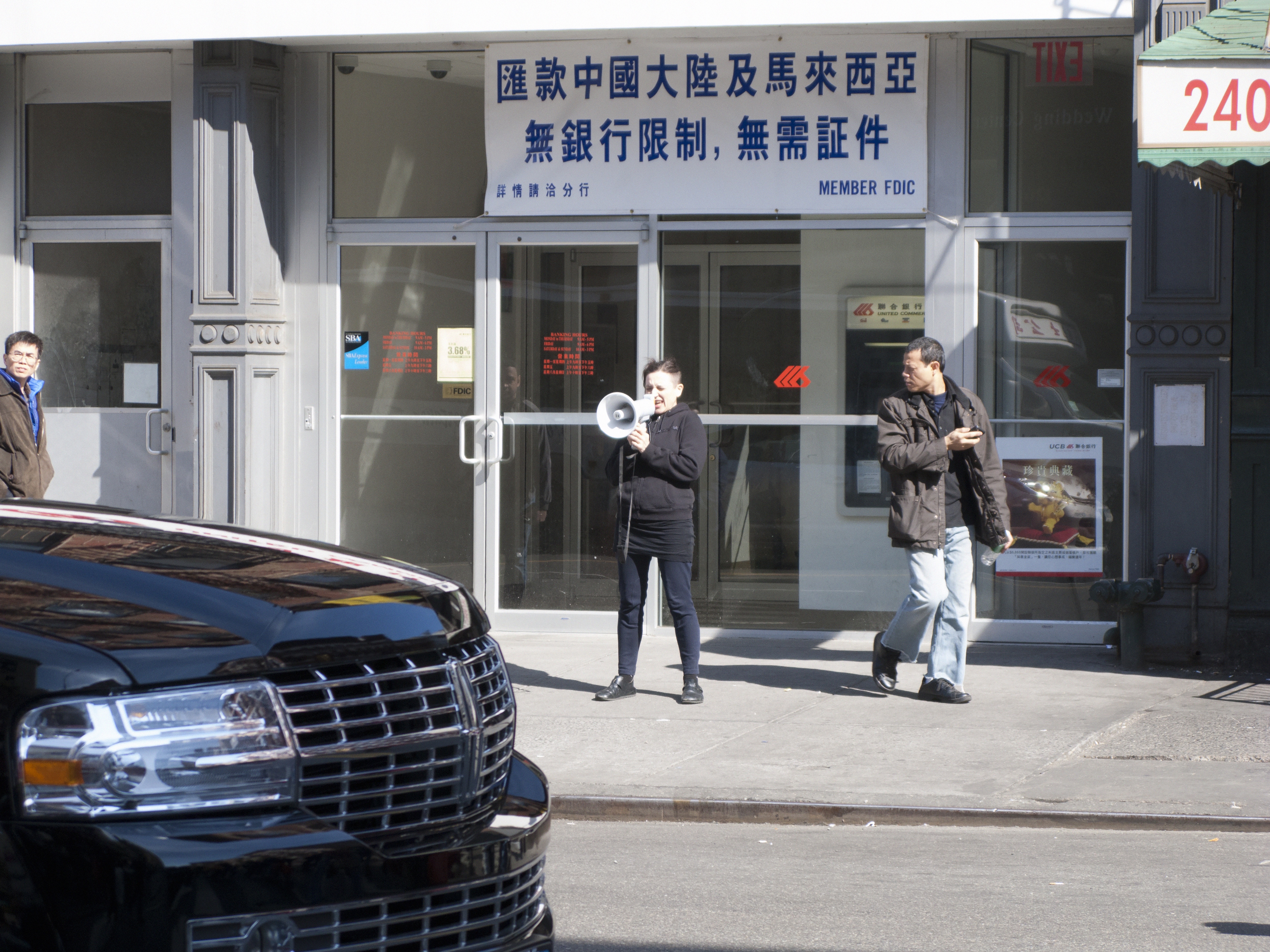Itziar Okariz
Adjunct Instructor
Itziar Okariz, Donostia-San Sebastian (SP) 1965
Okariz works in the framework of action and performance, examining links between architecture, territory, body, ritual, sexuality and semiotics. Her work is often associated with feminist practices and queer critiques of gender constructs. Together in collaboration with other artist she has developed educational programs including Kalostra, in San Sebastián, and JAI (Institute for Artistic Practices), in conjunction with the Artium Museum in Vitoria and Tabakalera in San Sebastián.
Her latest performances and exhibitions include: Dream Diary at Dream Time: UCCA Center for Contemporary Art Beijing (2024); Processi 150, Academia de España, Rome; XXIII Bienal de arte Paiz, Guatemala, (2023); Playbill, Torpedo Theatre, Amsterdam; Diario de Sueños, Rodeo, Musac, Leon, (2022); Unquiet Objects, Disjecta, Portland; Ocean Breath, Moving Words. Rimi Scenekunst. Stavanger, Norway; La Noche de las Ideas, MCNARS, Madrid (2021); Las Estatuas, Fundación Oteiza, Alzuza; Bodies of Water, 13th Shanghai Biennale, Shanghai (2020). In 2019, she represented Spain at the 58th Venice Biennale, alongside Sergio Prego.
Okariz studied at University of Basque Country and at the Whitney Independent Study Program in New York.





